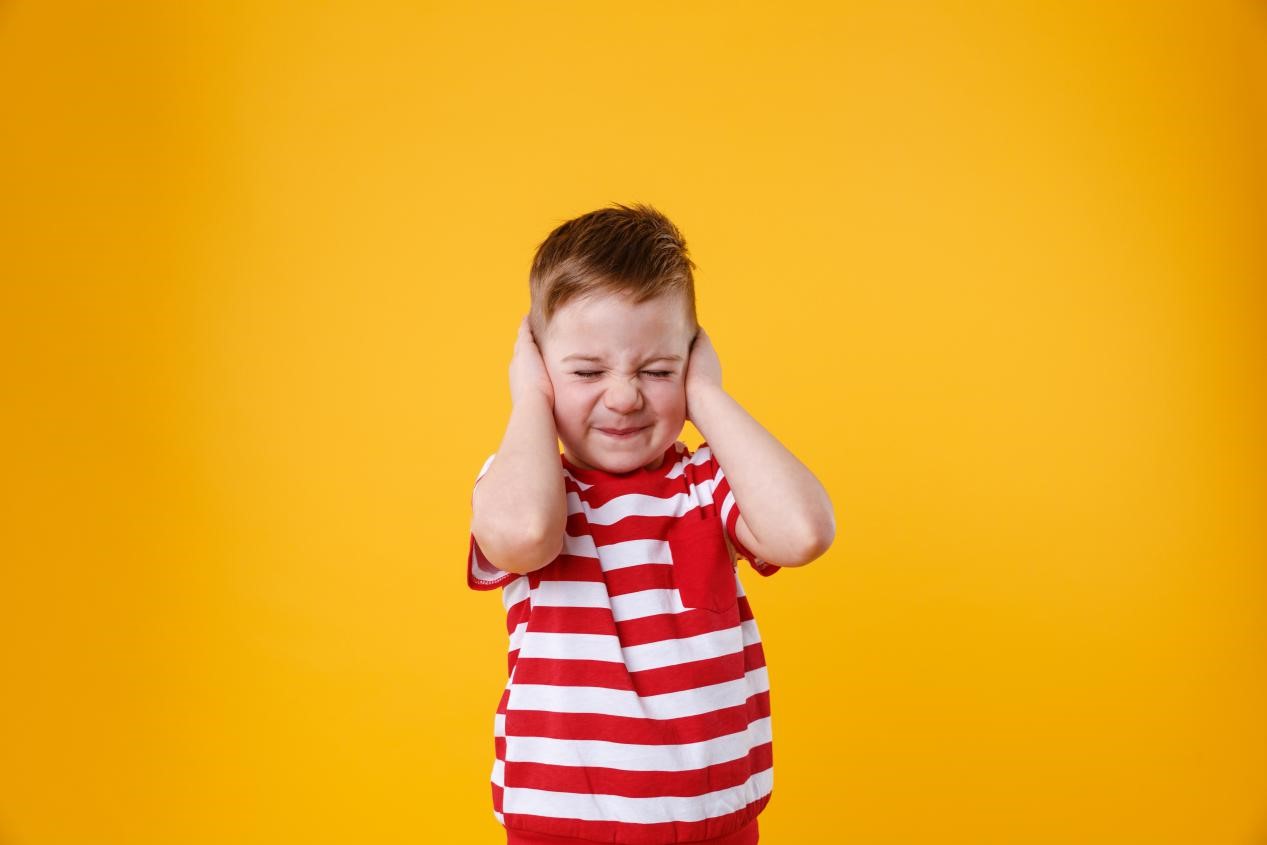Understanding childhood hearing loss is of utmost importance, particularly given its impact on a child’s development and everyday experiences. This comprehensive article seeks to provide insights into the multifaceted nature of childhood hearing loss, exploring its underlying causes and potential management strategies. Join Audi Hearing, in this in-depth discussion, as we navigate this significant topic.
Table of Contents
1. What is Childhood Hearing Loss?
Childhood hearing loss refers to when a child has reduced or no ability to hear in one or both ears. It can be present at birth or develop as the child grows.
- Conductive Hearing Loss: Related to problems with the ear canal, eardrum, or middle ear.
- Sensorineural Hearing Loss: Stems from issues in the inner ear or the auditory nerve.
- Mixed Hearing Loss: A combination of conductive and sensorineural hearing loss.
Understanding the type of hearing loss is crucial in finding the most effective treatment and support.
2. Causes and Risk Factors
Childhood hearing loss can be caused by various factors, including:
- Genetic Factors: A history of hearing loss in the family.
- Birth Complications: Lack of oxygen or prematurity.
- Infections: Such as meningitis or cytomegalovirus.
- Ototoxic Medications: Medications that can harm the auditory nerve.
- Loud Noises: Prolonged exposure to loud sounds.
Knowing the risk factors and causes helps in early detection and intervention.
3. Detection and Diagnosis
Early detection of hearing loss is vital. Regular hearing screenings and assessments are necessary, particularly for newborns and infants. Audiologists play a critical role in diagnosing and managing hearing loss in children.
4. Managing Childhood Hearing Loss
Management and treatment options depend on the type and degree of hearing loss. They may include:
- Hearing Aids: Amplify sound.
- Speech Therapy: To improve communication skills.
- Educational Support: Tailored learning environments and support.
For more information, visit our Hearing Aids.
5. Support and Resources
Support from family, teachers, and healthcare professionals is crucial. The Australian Government’s Department of Health provides resources and information on hearing health. Additionally, Hearing Australia offers services for children and young adults up to the age of 26.
6. Emotional and Social Impact
Childhood hearing loss isn’t just a physical challenge; it has emotional and social ramifications as well. Children with hearing impairments might feel isolated or different from their peers, which can lead to low self-esteem and a lack of confidence. This is why providing emotional support, as well as encouraging social interaction with both hearing and non-hearing peers, is crucial. Parents and teachers can play a significant role in this area, fostering an inclusive environment that celebrates diversity and promotes understanding.
7. Technology and Innovations
Over the years, technology has played a pivotal role in managing childhood hearing loss. Advances in hearing aids and cochlear implants have significantly improved the quality of life for many children. There are also various assistive listening devices available, such as FM systems that can be used in classrooms to amplify the teacher’s voice. Moreover, the use of captioning on video content and sign language apps have made information more accessible than ever before.
8. The Role of Audiologists in Childhood Hearing Loss
Audiologists are the unsung heroes when it comes to managing childhood hearing loss. They conduct thorough assessments to diagnose the type and degree of hearing loss, provide recommendations for hearing aids or cochlear implants, and offer counselling and support for both the child and their family. They also work closely with speech therapists, teachers, and other professionals to create a comprehensive support network.
Finding a qualified and experienced audiologist is crucial, and at Audi Hearing, we pride ourselves on having a team of dedicated professionals committed to supporting children with hearing loss. For more information, visit our about us page.
Conclusion
Childhood hearing loss is a significant concern, but with the right support and interventions, children can lead fulfilling lives. If you suspect your child has hearing loss or if they’ve been diagnosed, don’t hesitate to reach out to professionals. The Australian Government’s Department of Social Services also provides resources and support for children with disabilities, including hearing impairments, to ensure they have the necessary assistance to thrive. Contact Audi Hearing for comprehensive care and tailored solutions. Let’s work together to support your child’s hearing health.
Frequently Asked Questions
What are the first signs of hearing loss in children?
Look out for lack of response to sounds, delayed speech development, or unclear speech.
Can childhood hearing loss be prevented?
While not all cases are preventable, reducing exposure to loud noises and ensuring proper care during pregnancy can help.
At what age should my child have a hearing test?
Newborns should be screened before leaving the hospital, and regular screenings should continue as they grow.
What role do genetics play in childhood hearing loss?
Genetics can play a significant role, especially if there is a family history of hearing loss.
How can hearing aids help my child?
Hearing aids amplify sound, helping your child hear more clearly and develop better communication skills.
Are there support groups for parents of children with hearing loss?
Yes, many local and online support groups exist to help parents navigate childhood hearing loss.
Can childhood hearing loss affect learning?
Yes, it can affect speech development and educational progress, but with the right support, these challenges can be managed.
What is the difference between conductive and sensorineural hearing loss?
Conductive hearing loss is related to problems in the ear canal, eardrum, or middle ear, while sensorineural hearing loss stems from issues in the inner ear or auditory nerve.
How does an audiologist help children with hearing loss?
Audiologists diagnose and manage hearing loss, recommend treatment options, and provide support for speech development and communication skills.

